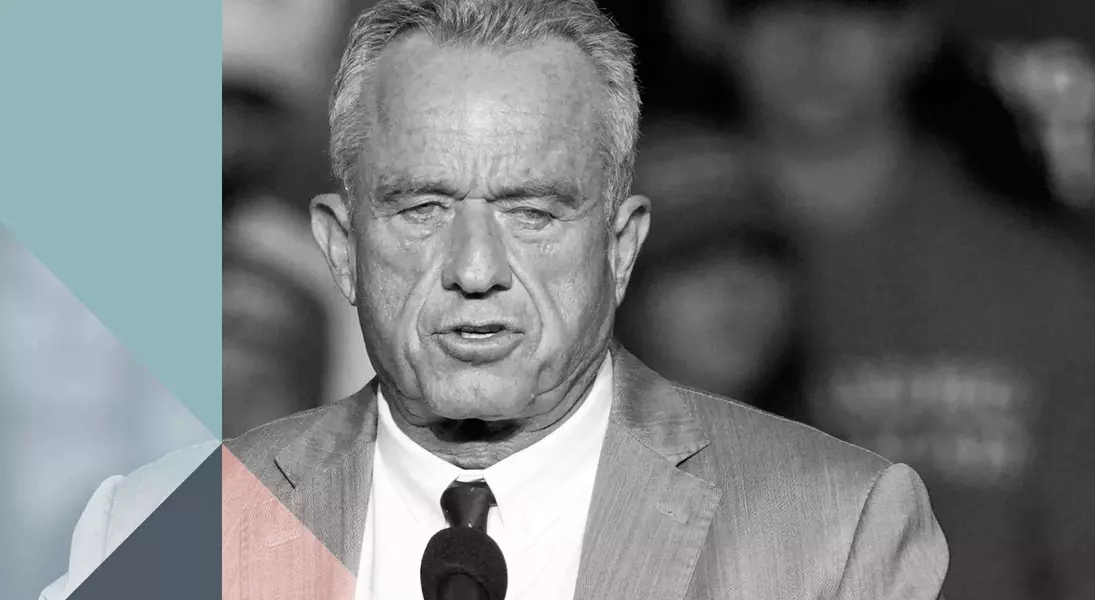
A recent shift in American health policy, spearheaded by the \"Make America Healthy Again\" (MAHA) initiative under Robert F. Kennedy Jr.'s leadership at the Department of Health and Human Services, signals a concerning redirection of priorities. This movement, despite its seemingly benevolent title, has overseen substantial reductions in funding for critical scientific research and public health infrastructure. The implications of these cuts, particularly in areas like mRNA vaccine development and cancer research, raise serious questions about the nation's future preparedness for health crises and the underlying philosophy driving these decisions, especially in the wake of a global pandemic.
In a significant development earlier this month, the Department of Health and Human Services announced a dramatic cut of nearly $500 million in funding earmarked for mRNA vaccine development. This decision is not an isolated incident but rather part of a broader pattern of diminished investment in scientific and health-related fields. Historical precedents, such as proposed budgets under previous administrations, also indicated significant slashes to vital health organizations, including the National Cancer Institute.
These widespread reductions in grants and institutional support for scientific endeavors are casting a long shadow over potentially life-saving research. The critical question emerges: will these actions genuinely contribute to making America healthier, or do they represent a profound misdirection of resources and priorities? The current administration's approach to public health, particularly its disinterest in robust scientific funding, appears to contradict the very notion of promoting national well-being.
A paradoxical situation arises when considering the backdrop of the recent global pandemic, which was largely mitigated by the swift development and deployment of vaccines. How has a period defined by the triumph of medical science in the face of an unprecedented health crisis led to a policy framework that actively dismembers the very mechanisms that facilitated that success? It is perplexing that a leader who once championed initiatives like 'Operation Warp Speed' is now orchestrating cuts that leave the nation more vulnerable. Experts in the field are voicing alarm, suggesting that five years post-pandemic, the country finds itself less equipped to handle a future health emergency than it was before the last one.
The fundamental premise of the \"Make America Healthy Again\" movement, much like any initiative promising efficiency or improvement, is inherently appealing. Yet, the actions undertaken in its name diverge sharply from its stated objectives. The true agenda and core tenets of this movement remain elusive, as do its actual intellectual underpinnings. The question of how a pandemic, decisively curbed by innovative vaccine technology, could precipitate a policy landscape so antithetical to scientific advancement and preparedness continues to trouble many observers.
The ongoing disinvestment in public health and scientific research through the 'Make America Healthy Again' initiative, despite its name, critically undermines the nation's capacity to address future health challenges. These policy decisions raise concerns about the long-term consequences for public well-being and the country's readiness for unforeseen health crises.
